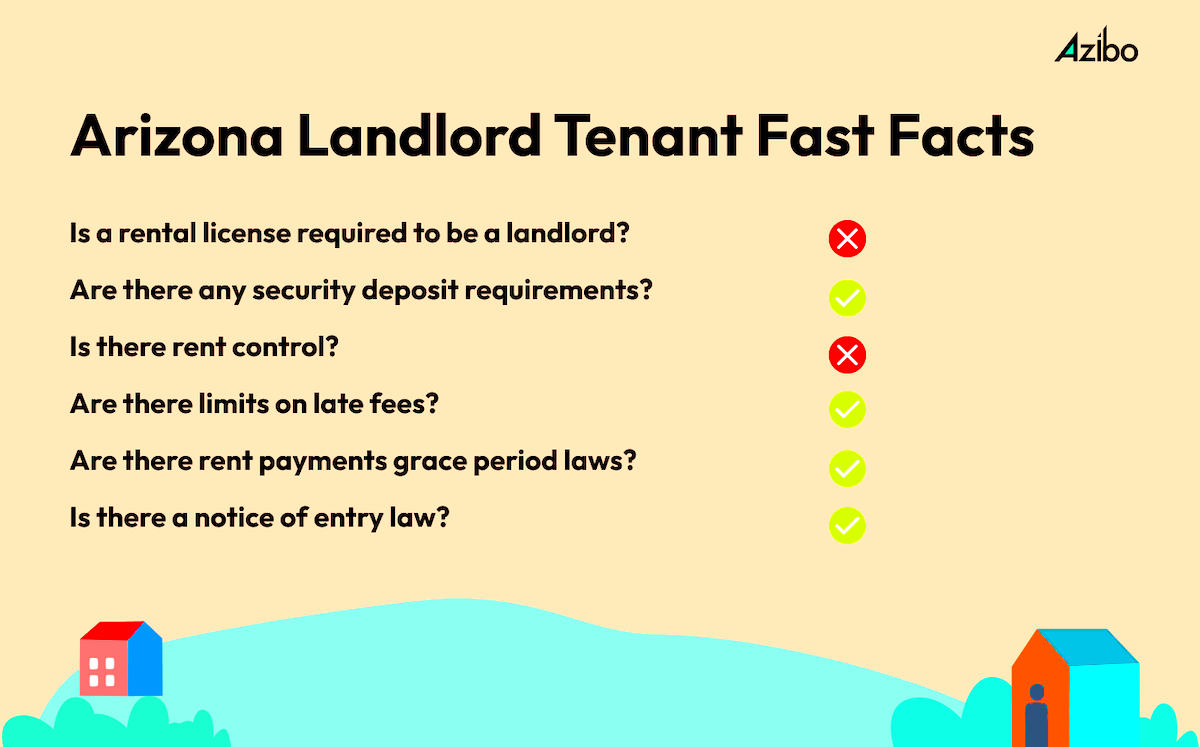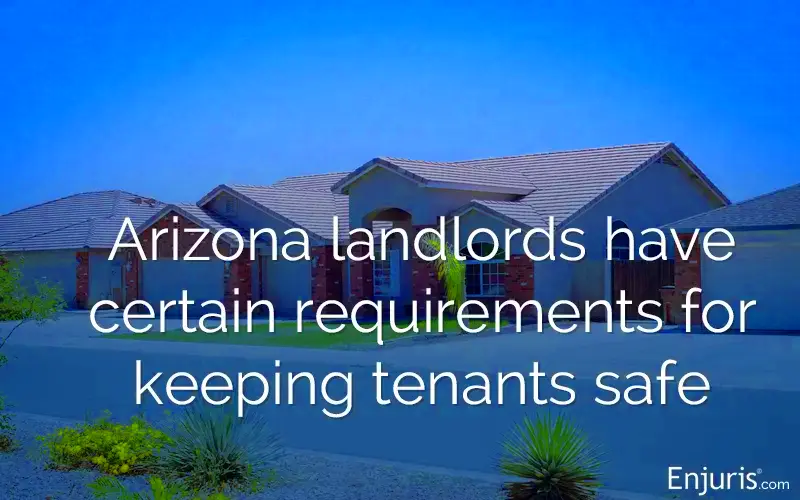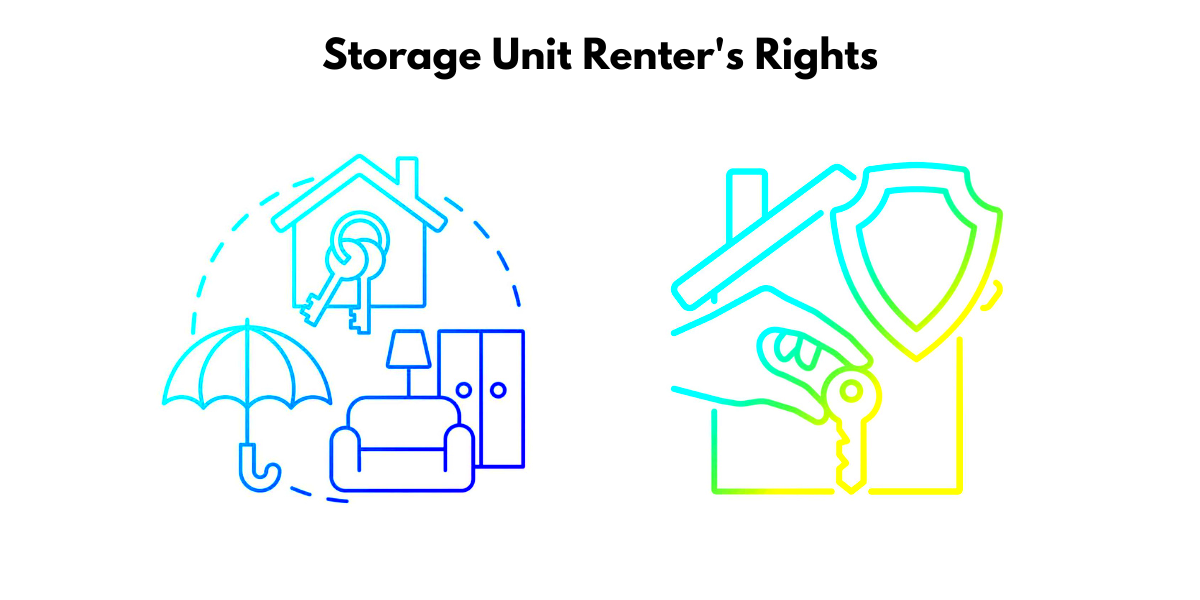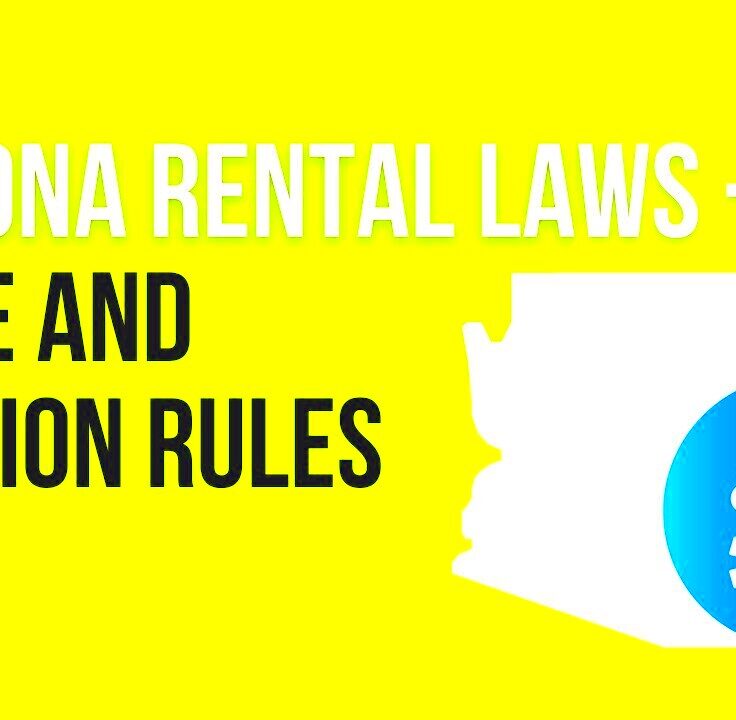Arizona’s Storage Facility Tenant Rights Explained
Although renting a storage unit in Arizona seems easy, it is crucial to understand your rights as a tenant. It does not matter if you want to store things for a week or months; it is better for you to understand your entitlement to avoid problems later on. There are laws in Arizona that are meant to protect both the owners of storage facilities and the tenants. This blog post will discuss major tenants’ rights so that one can avoid common mistakes and always be able to secure their property.
What Are Storage Facility Agreements in Arizona?

The relationship created by a storage facility agreement is between the owner of a storage facility and you, who occupy that storage unit. This document stipulates all the terms of this agreement: rental cost, mode of payment, rules and regulations that should be adhered to. Such agreements are obligatory in Arizona as per state laws governing them.
Some common things are found in a storage unit contract:
- Rental Period: This defines how long you can use the storage space.
- Payment Terms: How much you’ll need to pay and when the payments are due.
- Use of Storage: This covers what you can and cannot store in the unit.
- Access Hours: The specific times when you can access your belongings.
These agreements should be read and comprehended prior to signing them. They offer insights into your roles and those of the owner of the storage facilities. In case anything is unclear, do not shy away from seeking clarifications or legal counsel.
Key Protections for Storage Facility Tenants

When you rent storage units in Arizona law grants multiple rights to renters. This ensures that their rights are respected during the time they make use of such services.
Among the main safeguards are:
- Security of Your Belongings: The facility is responsible for providing reasonable security to protect your stored items.
- Clear Terms: The rental agreement must clearly state all fees, including any late fees or penalties.
- Right to Access: You have the right to access your storage unit during the facility’s posted hours of operation.
- Fair Eviction Procedures: In case of non-payment, the facility must follow the proper legal process before denying you access to your unit or auctioning your belongings.
These protections aim to strike a balance between the rights of both lessees and proprietors of storage premises, guaranteeing equity for all stakeholders.
Can a Storage Facility Sell Your Belongings?

Indeed, there are certain situations where an Arizona storage facility can sell all the things you own, but they need to obey certain laws. When you do not pay your rent within the specified period of time, the institution may put a claim against your properties which it stores. This implies that they may undertake legal measures to auction your possessions in order to pay off the rents owed.
Let’s have a look at how the procedure usually goes:
- Notification: The facility must notify you in writing about the overdue payments and the impending sale. This notice usually gives you time to settle the outstanding balance and prevent the sale.
- Time Period: Arizona law requires storage facilities to wait a certain number of days after issuing a notice before they can proceed with the sale. This gives tenants a final opportunity to make payment arrangements.
- Public Auction: If the debt remains unpaid, the facility can auction your belongings. In many cases, these auctions are open to the public, often online.
- Recovering Extra Proceeds: If the sale generates more money than what you owe, Arizona law requires the facility to return the surplus to you.
Even though it is an allowable course of action, the storage units must adhere to the law accordingly. Knowing these procedures would help you keep your things from being lost as a result of not paying.
What Happens in Case of Late Payments?
If you fall behind on your storage rent in Arizona there are consequences, but at the same time there’s a way not to lose your stuff. Normally each storage facility has written rules regarding how much time is allowed before any legal action may be taken against a tenant who does not pay on time but those policies have to follow state laws.
Expect this:
- Late Fees: If you miss a payment, most storage facilities will impose late fees, which will be outlined in your rental agreement. These fees can accumulate over time if the payment delay continues.
- Restricted Access: In some cases, the facility may temporarily deny you access to your unit until the overdue rent is paid.
- Lien Process: After a certain period of non-payment, the storage facility can begin the lien process, which allows them to take legal action to sell your belongings.
- Grace Period: Many facilities offer a short grace period, which gives you time to catch up on payments without facing immediate penalties.
In case you feel that you are lagging behind, it would be best to talk to the facility manager. Many times they could come up with a payment plan or allow more time so as to keep your possessions safe.
Dispute Resolution Between Tenants and Storage Owners
Landowners and tenants have disputes sometimes and such conflicts are not new. However, it is possible to handle such disagreements in a way that they do not result into serious problems. According to the law of Arizona, both parties are advised to talk so as to arrive at an equitable agreement before any legal actions are taken.
Below are several prevalent problems, accompanied by their potential solutions:
- Billing Discrepancies: If you believe you’ve been overcharged or billed unfairly, start by reviewing your contract. Most issues can be cleared up by discussing the terms of the agreement directly with the facility manager.
- Property Damage: In cases where your items have been damaged or stolen, the facility may have liability under Arizona law. However, it often depends on whether you followed the storage guidelines and whether the damage was due to negligence by the facility.
- Access Denial: If you’ve been denied access to your storage unit, ensure it’s not due to non-payment or other contract violations. If you feel the denial is unjustified, discussing the matter with the facility management is the first step toward resolution.
However, in case there arises a situation where communication fails to resolve these conflicts, other available legal avenues may include mediation complemented with an Arizona’s consumer protection agency formal complaint filing. Therefore, it is important to ensure that you keep comprehensive records of every correspondence related to this dispute.
What Storage Facility Owners Cannot Do Under Arizona Law
Even if they own storage facilities, they still have certain responsibilities to meet. These include tenants’ rights that can help you know your rights as an owner; so it is important to understand them in order to avoid being unfairly treated by landlords.
Here are a few things that owners of storage facilities are prohibited from doing by Arizona law:
- Illegal Entry: Owners cannot enter your storage unit without your permission, except in emergencies or if specified in the rental agreement.
- Retaliation: If you exercise your tenant rights, such as filing a complaint or asking for repairs, the owner cannot retaliate against you by increasing your rent or denying you access to your unit.
- Unlawful Auctioning: Owners must follow the proper legal process before selling your belongings due to unpaid rent. They cannot auction items without giving you proper notice and an opportunity to pay your balance.
- Excessive Fees: Charging unreasonable fees beyond what is stated in the rental agreement is not allowed. All fees should be transparent and disclosed upfront.
These limitations can certainly protect your rights in case you face a dispute with the storage unit. Make sure that you keep the rental agreement and any correspondence with the facility for reference purposes.
How to Protect Your Rights as a Tenant
The way you have been trained on data till October 2023. Despite this, it is important to understand that as a tenant living in an Arizona storage unit, there are ways that can help prevent any misunderstandings and also ensure the safety of your items. Here are some useful guidelines to help you out:
- Read Your Agreement: Always read the rental agreement thoroughly before signing. Make sure you understand all the terms and conditions, including payment schedules and rules about access.
- Document Everything: Keep records of all your interactions with the facility, including emails, payment receipts, and any notices received. This documentation can be vital in case of disputes.
- Communicate Promptly: If issues arise, reach out to the facility management immediately. Open communication can often prevent misunderstandings and resolve problems quickly.
- Know Your Rights: Familiarize yourself with Arizona’s storage laws and your rights as a tenant. This knowledge will empower you to stand up for yourself when necessary.
- Consider Insurance: While the facility may have some liability for your belongings, consider getting renters or storage insurance for additional protection against theft or damage.
When you do these measures ahead of time, your rights as a renter can be maintained and your possessions left in the warehouse can be protected.
Frequently Asked Questions About Arizona Storage Tenant Rights
As a renter at a storage area, you could possibly have various queries regarding your privileges and duties. Below are some often asked questions that may assist to explain common issues:
- What should I do if my facility owner is not responding to my concerns?
Document all your attempts to reach out and escalate the issue to a higher authority within the company or seek legal advice if necessary. - How can I ensure my belongings are safe in storage?
Choose a reputable facility, read reviews, and consider insurance to protect your items from potential damage or theft. - What happens if the storage facility loses my items?
If the facility is found liable for losing your belongings, you may have grounds to file a claim for compensation. Check your rental agreement for details on their liability. - Can I break my rental agreement early?
Breaking a rental agreement may lead to penalties. Always check your contract for any clauses related to early termination and discuss options with the facility. - What legal recourse do I have if my rights are violated?
If you believe your rights have been violated, consider seeking legal advice to understand your options, which may include filing a complaint with state authorities.
they largely touch on some of what a tenant would consider as common issues. Their comprehension is essential in helping one to have confidence on his or her duties and entitlements.
Conclusion on Arizona Storage Facility Tenant Rights
In order to properly guard your possessions and have a hassle-free renting encounter, comprehending your rights as a tenant at a storage facility in Arizona is indispensable. There are different types of protection for tenants under Arizona laws such as unambiguous rules on what facility owners can do or not do. Consequently, this article is aimed towards educating one on rights that govern storage units; thus whenever possible read through the rental agreement and be conversant with the management so as to avoid confusion and disputes.
Documentation is vital in case there are problems encountered so you ought to always remember that. Maintain logs of all your communications as well as dealings with other people involved in this rental arrangement. In situations where disagreements come up, don’t shy away from resolving them through talking straight to the other party or even getting legal counsel when needed. These preventive measures will enable you to be at ease and have knowledge on how safe you are during the course of renting an apartment.


